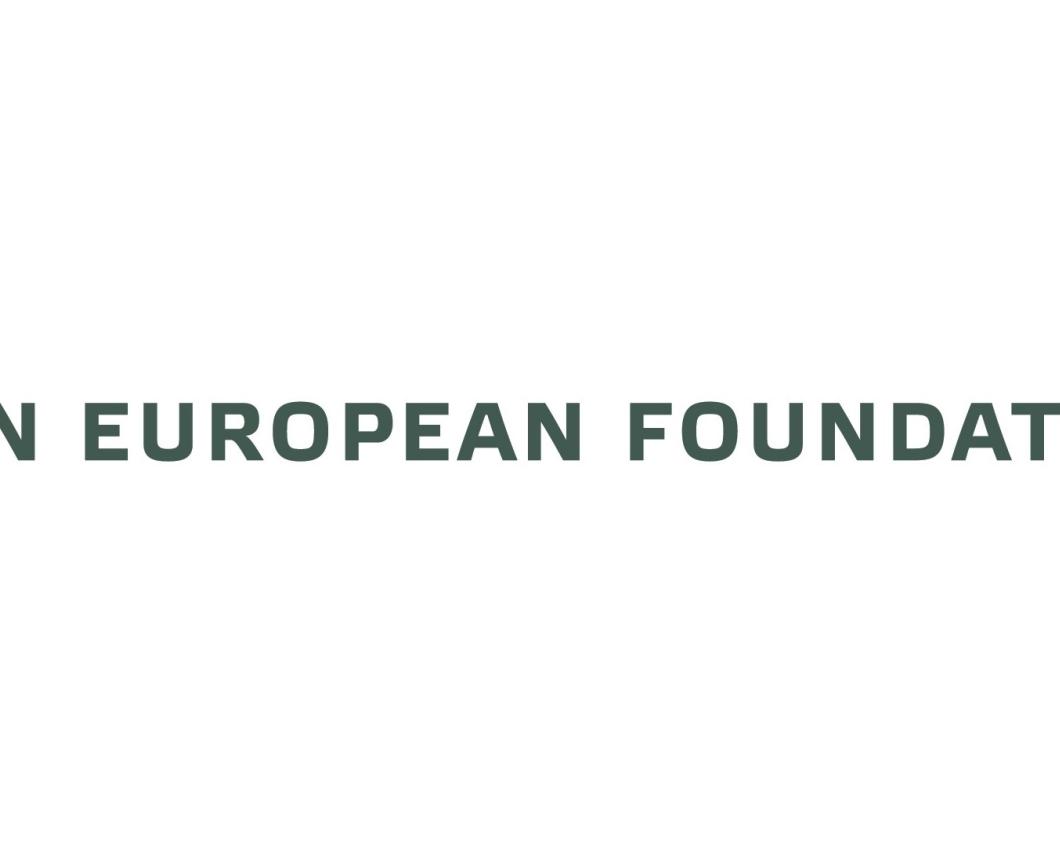In a large-scale nuclear war deaths from starvation around the world caused by nuclear winter would dwarf those from blast, fire-storms and radiation. Similarly, the damage from this war to the capacity for global governance could be far greater than the immediate effects on the ground. The failure of states to firewall this conflict in international diplomacy is damaging our collective ability to tackle climate change, nuclear disarmament, the regulation of biotech capabilities, and the pressing need to develop effective regulation of exponential technologies such as Artificial Intelligence. We cannot prioritise our continuing conflict with Russia and China – this war being just a piece in that large puzzle – over the need to tackle the biggest issues of our time, of which the obsession with economic growth is a key driver.
Great power conflict is both the largest driver of global catastrophic risk and deeply undermines the capacities of the international community to handle it. Our attachment to models of national sovereignty as a guiding mechanism to handle international relations is both illusionary and dangerous, deepens multipolar traps, and fundamentally undermines collective global governance.”
Should we have a European political community that develops into a security organisation?
“We need to be careful about the tendency to have largely West European structures that are expanded to include more countries to the East, which can appear as an expansionist and imperialist agenda, even when it isn’t. Rather, I think we need to thinking about pan-European structures from the start. We need to be recognising that organisations like NATO might seen as attractive, particularly for states that border Russia, but they are also seen as threats. And for good reason, for NATO is the largest military alliance that the planet has ever seen, deploys nuclear weapons and has been operating out of area for the last couple of decades. This is a problem for an alliance that claims a purely defensive mission, when much of the rest of the world is sceptical. And let’s not forget the colonialist legacy driven from Europe in the nineteenth and twentieth century that is seen in many parts of the world as a continuity today.
If we could just imagine for one minute what that looks like from China or Russia, or indeed countries like Kazakhstan, or African countries, then I think we would have much more empathy and compassion when it came to their responses. Many African countries are not supporting the alliance against Russia at the moment, and countries like Indonesia are feeling quite sceptical about the Western European agenda. We need to be looking at global agendas that look at this across a number of perspectives, and recognise that our perspective, even when we think of it as benign, does not always look that way to others, undermining essential global cohesion.
What is needed is a broader European security, cultural and economic collaboration that involves something akin to a strengthened Organisation for Security and Cooperation in Europe. The OSCE has a pan-European structure that includes Russia. It does a lot that its predecessor CSCE did, including cultural exchange and election monitoring. We need to better draw Russians into this process, alongside a change in our approach to Russia that overcomes some of the systemic biases that have been baked into the relations throughout the post Cold War era, and gives them a larger stake in the management of these pan-European institutions.“
From a geopolitical point of view does this include doing things more locally or sharing power?
“In most countries it is up to the national government to decide who has power: when to delegate it and when to give it upwards. Governments have the right to exclusive use of force and legislation within their own boundaries, which they delegate to more local authorities when they chose to, and to defend their power against other countries when threatened. We are so attached the idea of that the national level has all the power, that it is really difficult to change our concepts. That is reproduced across the world with the concept of sovereignty.
The experiment of the European Union is a good example where there has been an attempt to share sovereignty and weaken attachment to that particular model that has dominated international politics for such a long time. There are some subtle but very powerful aberrations when it comes to imperialism, empires and the like. Having a shared sovereignty in Brussels enables better environmental regulations such as food standards and fishery controls.”
If the USA, China and Russia have spheres of influence, should Europe try to have one too, or if not what should Europe do instead?
“Europe needs to avoid the trap that it is often tempted by, to drop into competition with the others. Europe has done a relatively good job of avoiding that. As part of the Consilience project, Daniel Schmachtenberger talks about how, as global catastrophic risks build, and in response to the freedom and atomisation that drive this risk, there is a tendency to shift towards autocracy, domination and surveillance states. There is a danger that sphere of influence thinking leads us into this space.



